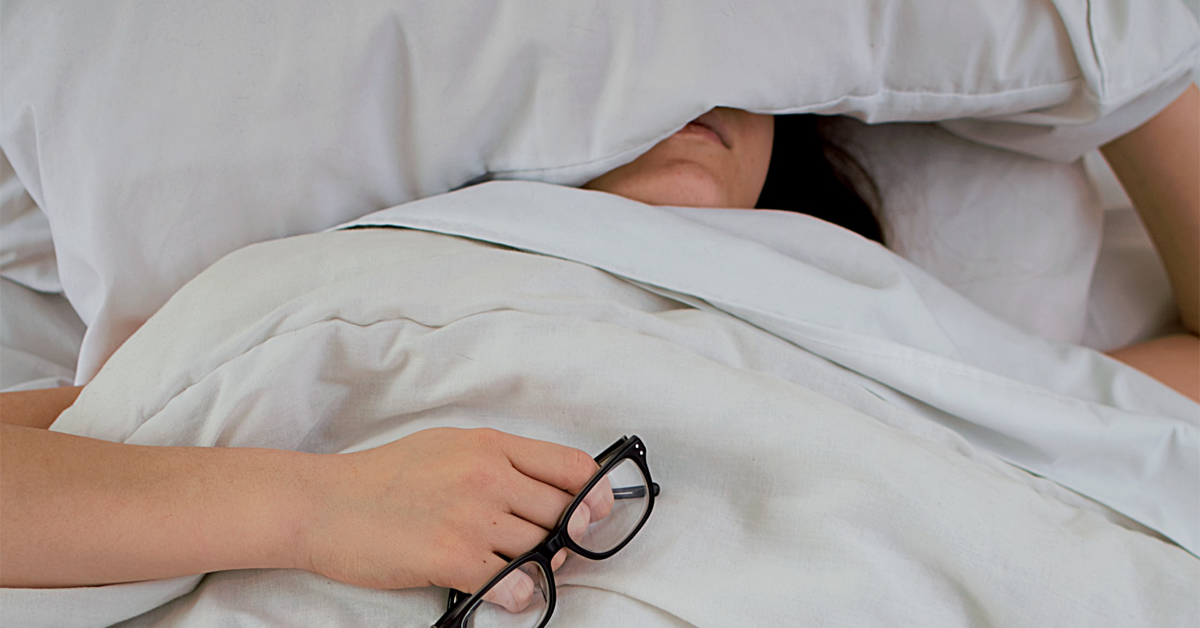Hey employers, want to win over your Gen Z employees?
No, you don’t need ping pong tables and bring-your-pet-to-work days (as awesome as they are).
Instead, give them ‘mental health days’.
According to the research in our After the ATAR III report when we asked young people why they’ve taken a sick day other than for being physically sick, 46% said they have for mental health reasons. It was the top response, above the 31% who said due to not enough sleep and the 16% who said to avoid a responsibility like a test or a presentation (at least they were honest).
Thirty five percent said they only take sick days when they’re sick. It’s at this point we can start to redraw what being sick actually means.
In case you haven’t heard of them, a mental health day is a day off school or work to manage your mental wellbeing.
A mental health day can:
- Clear the mind
- Reduce stress and anxiety
- Improve sleep quality
- Promote relaxation
- And provide an opportunity to process emotions when life becomes overwhelming by daily roles and responsibilities
Research also suggests that in addition to improving mental health and wellbeing, taking a mental health day helps employees be more productive when they return (win win!).
So what can you do as an employer to facilitate a healthier workplace with mental health days?
BetterUp’s Allaya Cooks-Campbell suggests keeping an eye out for signs of burnout among your employees.
Let’s put it this way.
We all know the symptoms of a cold might be coming on and that it’s time to rest and take care of our physical health. But on the other hand when we’re overwhelmed we might not notice the signs that our mental wellbeing needs some care.
If your employee’s motivation or performance is lagging, they seem fatigued or just don’t seem ‘themself’, they might be close to burning out and would benefit from taking a mental health day.
Unfortunately due to stigma, many Gen Zs – who research suggests is the most anxious generation ever due to the stresses of the pandemic, job insecurity, climate change and other factors – aren’t comfortable asking for one. Even if they really need it.
Cooks-Campbell said that’s when employers, managers or anyone in a leadership position can step up and lead by example.
“If you feel comfortable sharing (that you’re taking a mental health day), you may be doing a service for yourself and the team if you’re honest about taking time for your mental wellness,” she said.
“Sharing that you’re taking time to prioritise your mental health can inspire and open the way for other team members to do the same.”
If mental health days make for happier, more productive teams, sign us up!






